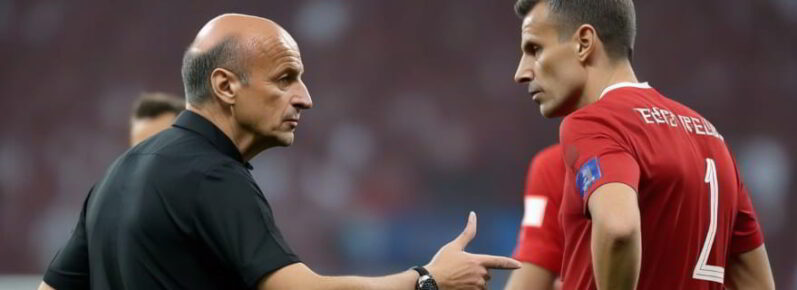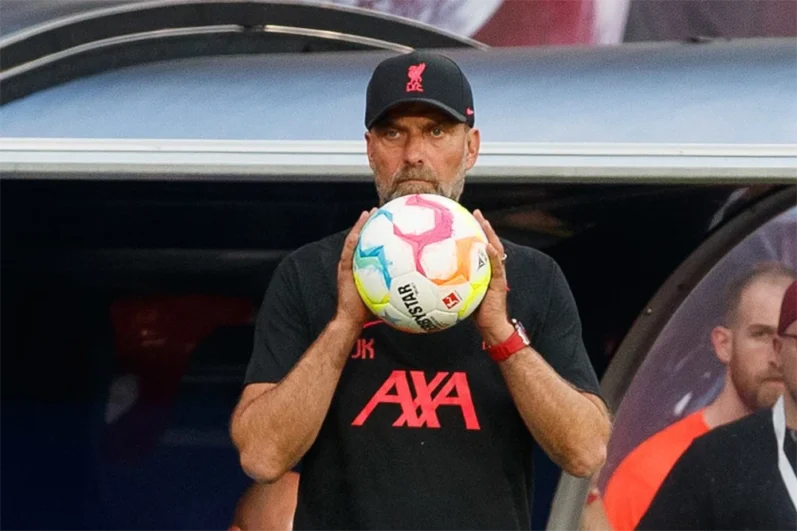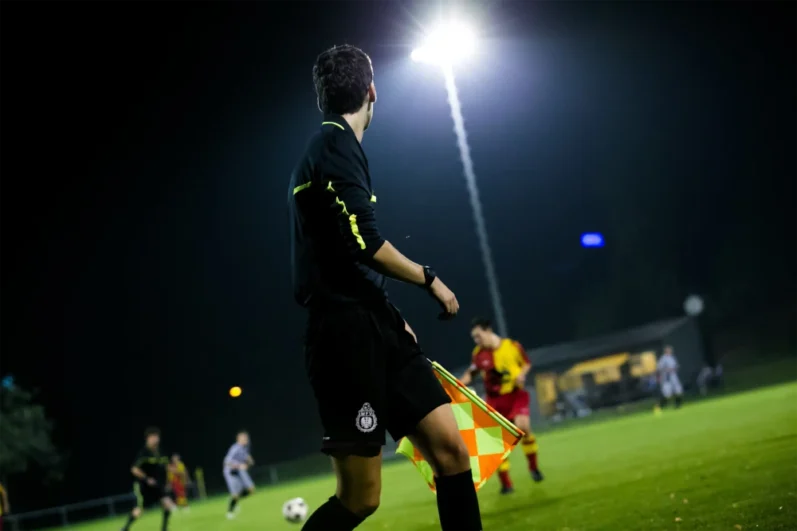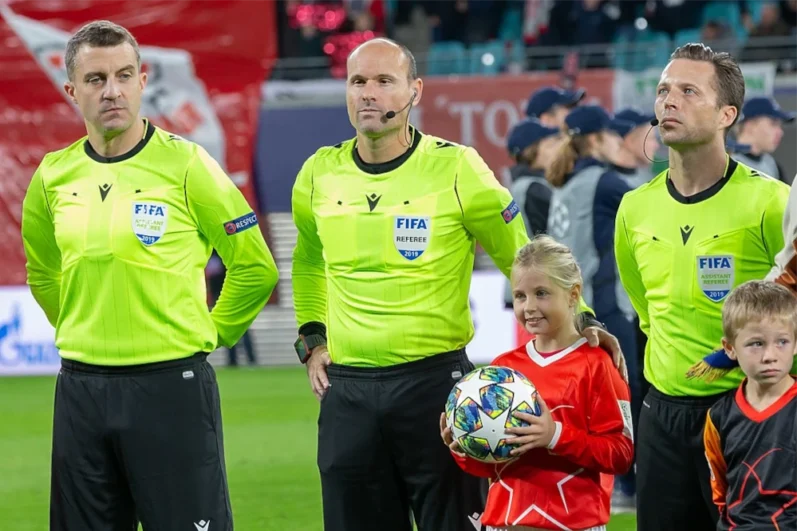Football Officiating Takes a Step Forward with New Referee-Captain Communication Strategy

We aim to clarify our decision-making processes while always maintaining a respectful dialogue with players.
Officiating in modern football is an immensely challenging task. Officials are tasked with making between 200 and 250 decisions during a single game, which equates to one decision roughly every 22 seconds. They face difficult, often contentious situations, immense pressure, and relentless examination from multiple perspectives by fans and experts alike. We are looking for referees with resolute character to make tough calls on the field, yet we also want them to communicate more transparently about their decision-making processes. They receive ample input from the Video Assistant Referee (VAR), and we’re prepared to enhance communication and share further insights with players and coaches to deepen their understanding of decision outcomes.
The conduct of players and coaches is a pivotal aspect of football. At a UEFA Euro 2024 workshop for semifinalists this April, coaches committed to championing fair play. This topic also figured prominently at a recent UEFA Football Board meeting in Nyon. The consensus among coaches and players is that our novel approach fosters a collective objective beneficial to the sport’s integrity. Referees cannot feasibly explain their decisions amid a mob of 22 players, which not only impedes effective communication but also tarnishes the spectacle of the game and its reputation.
Still, there will always be controversial calls. To enhance current practices, we are calling on referees to be more forthcoming in explaining their decisions to teams during UEFA Euro 2024.
Our strategy is straightforward: We will request that all teams establish a norm where only the captain is permitted to engage with the referee. Captains will be obliged to ensure their teammates refrain from crowding the official, enabling clear and respectful exchanges. We want to emphasize that discussions should be limited to the captain or a designated outfield player if the captain is the goalkeeper, especially during incidents on the far half of the pitch.
Players who bypass this protocol or approach the referee with disrespect or dissent will be issued a caution. By enabling captains as the singular communicators for their teams, referees can be transparent in their dialogue, fostering mutual trust and exemplifying the authoritative leadership demanded by contemporary officiating.
Ahead of the tournament, UEFA’s team of referee specialists, along with a tournament referee, will meet with each of the 24 participating teams to elaborate on these procedures and communicate directly with the players. By adopting this approach and strengthening the role of referees, we anticipate elevated officiating quality in our tournaments, resulting in more enjoyable experiences for both players and spectators.
By fostering constructive interactions between team captains and referees, all stakeholders stand to gain, setting a positive course for the future of football – the game we cherish deeply.






Responses